In October 2018, Jacinta spoke at the Sustainable Business Network’s HOMEGROWN Conference in Auckland. She shared Dignity’s origin story and some of our successes to date. We’re immensely proud to be thought-leaders within the realm of Period Poverty and to be asked to share our story as well as educated opinions.
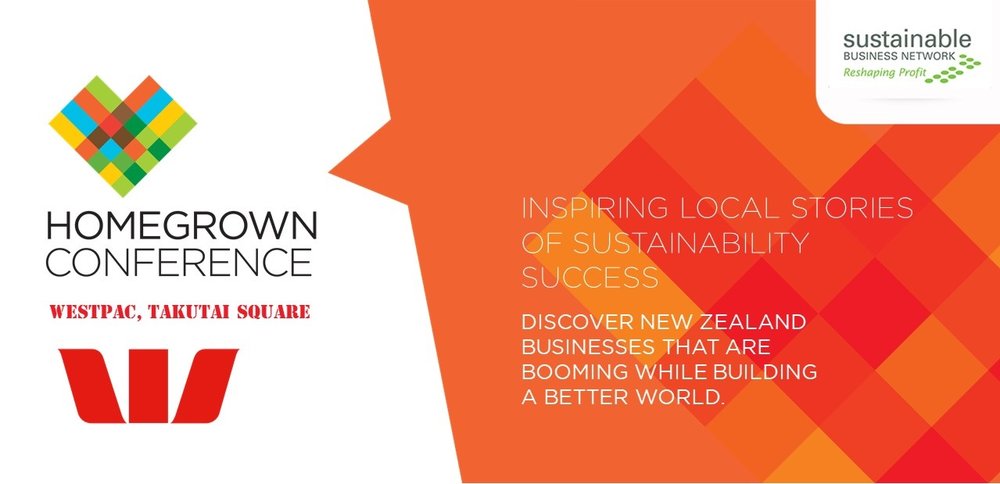
Read Jacinta’s speech below:
Hi everyone, my name is Jacinta and I'm going to talk to you about Dignity’s business and sustainability journey.
My co-founder Miranda and I flatted together in 2016. We used to talk a lot about how expensive periods were and how we always got caught short without sanitary items.
After our undergraduate degrees had finished we wanted to stay in Wellington for the summer so we applied to the Viclink business Bootcamp through Victoria University, with the idea for a social enterprise that makes sanitary items accessible for all women throughout New Zealand. We originally wanted to create an app that sent sanitary items to women every month. I wanted to build the app in the first week, but the Bootcamp team urged us to do some customer discovery and research first. As much as I hate hearing no, I'm so pleased we did because it completely changed Dignity from was it originally was to what it is today.
Our results: We learned that women were getting caught short.
We started looking at women in the workplace and found that employees want a company that cared about them as individuals. We also found that women were underrepresented in executive positions.
In terms of wellbeing in the workplace, we saw how gender-diverse companies outperform those with less diversity. In 2016, it was the year our new health and safety legislation came into play and this also pushed wellbeing to the forefront of the workplace.
In one sentence, the stakes are too high to not prioritise wellbeing in the workplace.
There were initiatives for wellbeing in the workplace like tennis tables and pizza lunches. Equally, there are initiatives to support women in the workplace such as unconscious bias training. But we noticed that there was a gap for a tangible initiative that supports women and their wellbeing in the workplace.
While we were doing this Bootcamp, a news story broke about girls missing school as a direct result of not having access to sanitary items. I remember running into Miranda’s room really upset. This was when we decided to incorporate a buy one, give one model, we felt a responsibility to create an impact in this space and had seen the scalability of impact with the similar initiatives, such as ‘Eat My Lunch’.
With all of this information, we created a women's wellbeing initiative that involves businesses purchasing a subscription of sanitary items that are then freely available for women in those workplaces, and with the addition of a buy one, give one model, the equivalent sanitary items are given away to girls in schools across New Zealand.
These are the amazing companies that support us: Flick was the first last May, followed by Xero; then the former head of HR, Felicity Evan, from ANZ, heard a story about us on Radio NZ. She got in contact with us and said, “I want this in all of our centres across New Zealand”. Since then, we’ve had more and more companies show interest and sign on with us.
The women in the workplaces love Dignity! We do regular employee surveys of the companies who subscribe to us, and we've found that women feel 85% more support in the workplace with our initiative, and furthermore, the feel pride that their workplace is being progressive by acknowledging periods in the workplace.
The photo on the left is Miranda taking ten boxes to our first school last May, after Flick’s first order. On the right is a few months ago when we organised a big give for about 25 schools. This month, we celebrate our second birthday and it's amazing to see how we've grown.
So I'm keen to touch on three parts in our business that have fed into our sustainability journey.
The first is our sanitary items supplier. Three weeks into our bootcamp, when we changed from b2c to b2b, we contacted Organic Initiative about being our sanitary item supplier. We told them we were three months old. It was important to us to not only support the women in the workplace but to also support the environment. Their product is amazing. Their products are all certified organic cotton and fair trade, and their OI Cups are medical grade single mold silicon of the highest quality. OI is an amazing NZ success story and we're really proud to partner with them.
The next was becoming carbon neutral. With ANZ coming on board, we had to scale up our logistics from storing boxes at Mirandas flat and hand delivering them to our customers, to having a storage unit and a courier company. However, when we found out that the couriers run on diesel, we wanted to offset these emissions – we googled carbon neutral NZ and EKOS came up. They support all sorts of amazing reforestation projects. We've now been proudly carbon neutral for almost two years and the point I'm keen to make is that this decision was alongside the decision with changing our logistics. The environment is a business as usual consideration to us, it's not a ‘nice to do’.
The third decision was to pay a living wage. Here's the team here, Miranda, Hester our ops manager, Sophie our Comms Manager. We all work full-time and do Dignity part-time. Paying a living wage is about giving your employees fair remuneration for the work they do, so they can pay for rent, groceries and feel valued. It's about not just paying the minimum that you can get away with, rather paying the amount that demonstrates the commitment you have to your employees' wellbeing and livelihoods.
With all these commitments to our employees paying the living wage, using organic sanitary items and being carbon neutral we have still been able to achieve incredible impact in the community.
Each term, we produce an impact report to give back to our corporate partners. The following is a quote from one of our Wellington schools from Term Two:
“As a low decile school, the donation of sanitary products has been enormously appreciated by the approximately 10 students who usually need to take time off when they have their period. They also helped a further 25 students who were caught short or had no means of getting products in a particular cycle.
For myself, as a Head of House (who has doled them out), I have found the donations to be very helpful and extremely well received and in many cases necessary. I also appreciate no longer having to purchase for students myself.”
Ten girls were able to go to school, 25 girls who would have been caught short were supported and this particular head of house no longer had to pay for them with her own wages. This is why we exist.
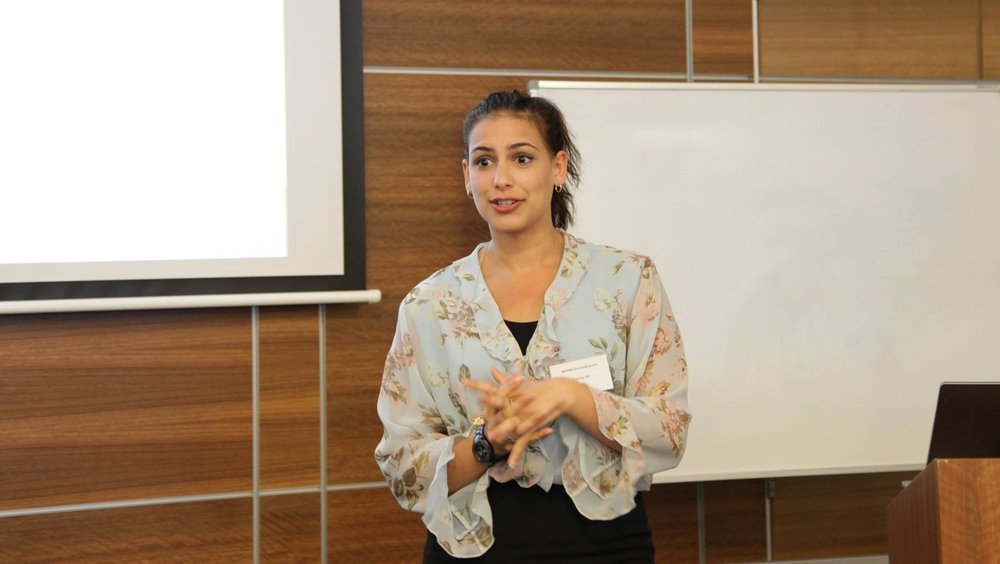
So that's us!
You can keep up to date with what we're up to through our social media accounts, and this blog.
Follow us on Facebook, Twitter, Instagram and LinkedIn to keep up to date.
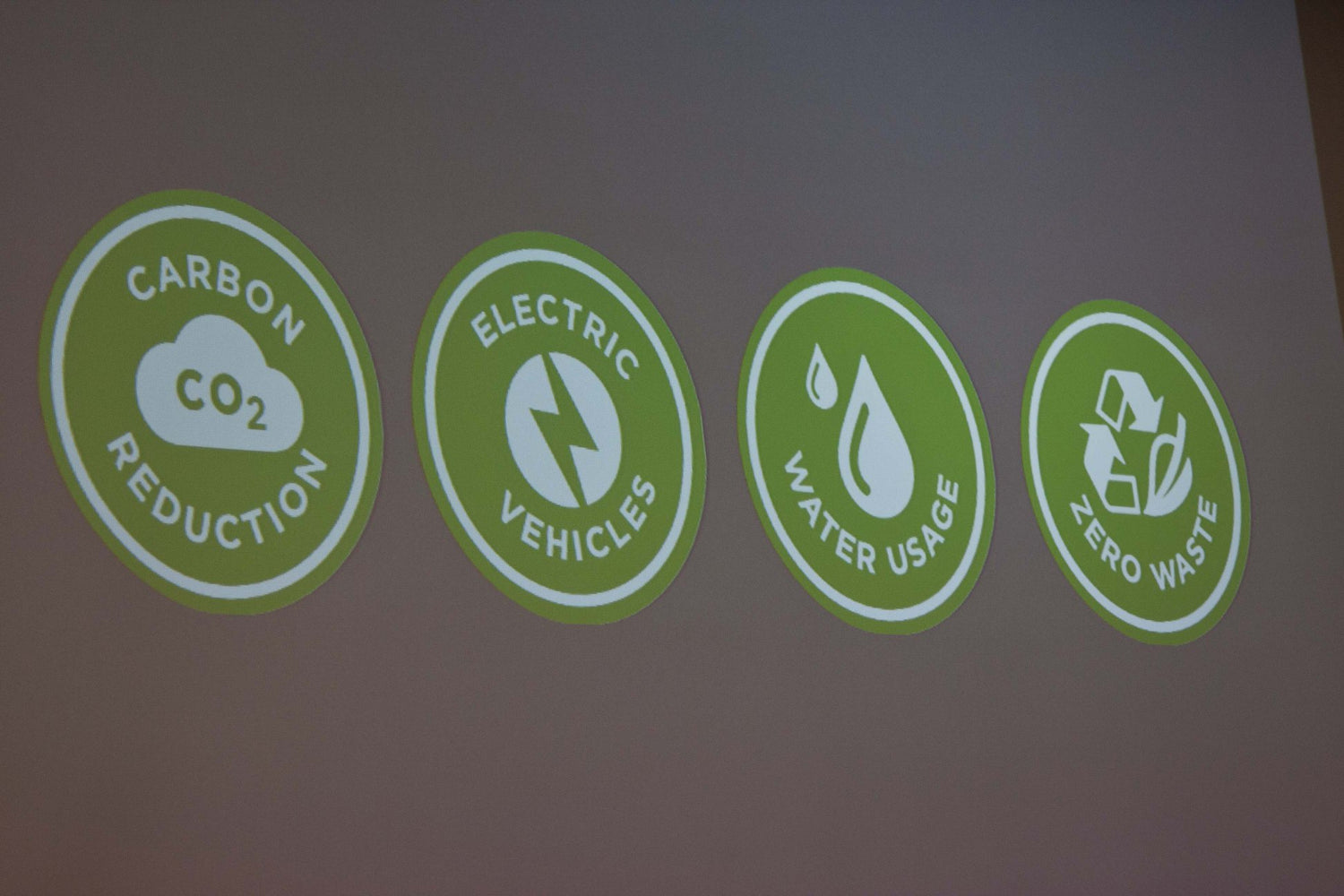
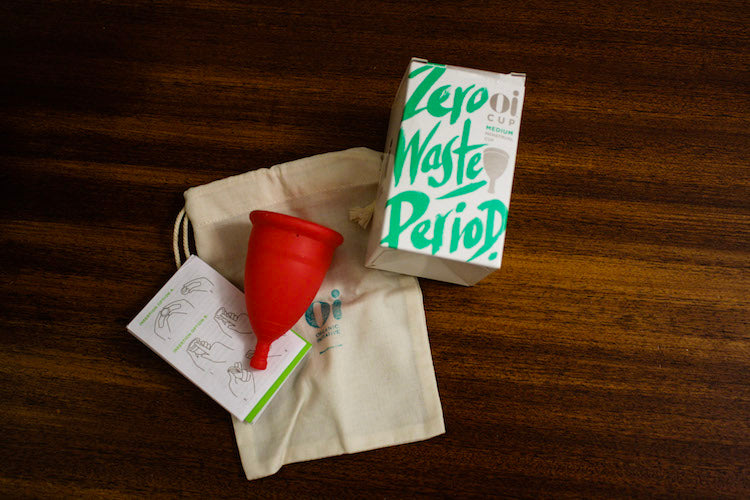
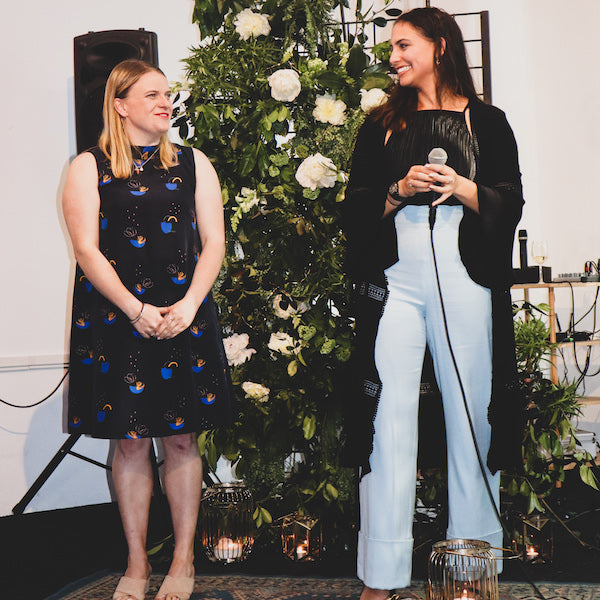

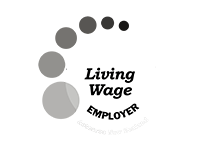


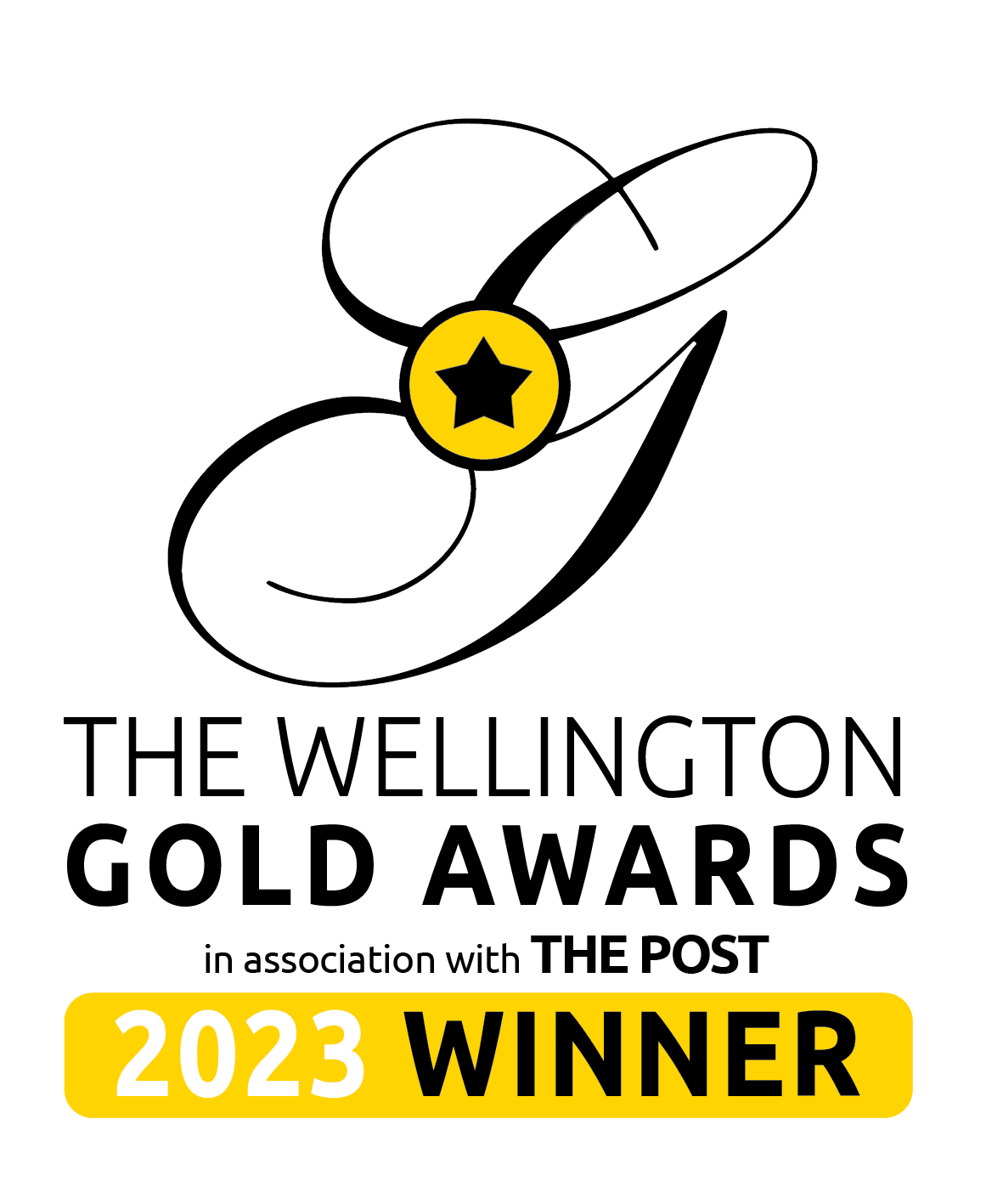
Leave a comment
This site is protected by hCaptcha and the hCaptcha Privacy Policy and Terms of Service apply.